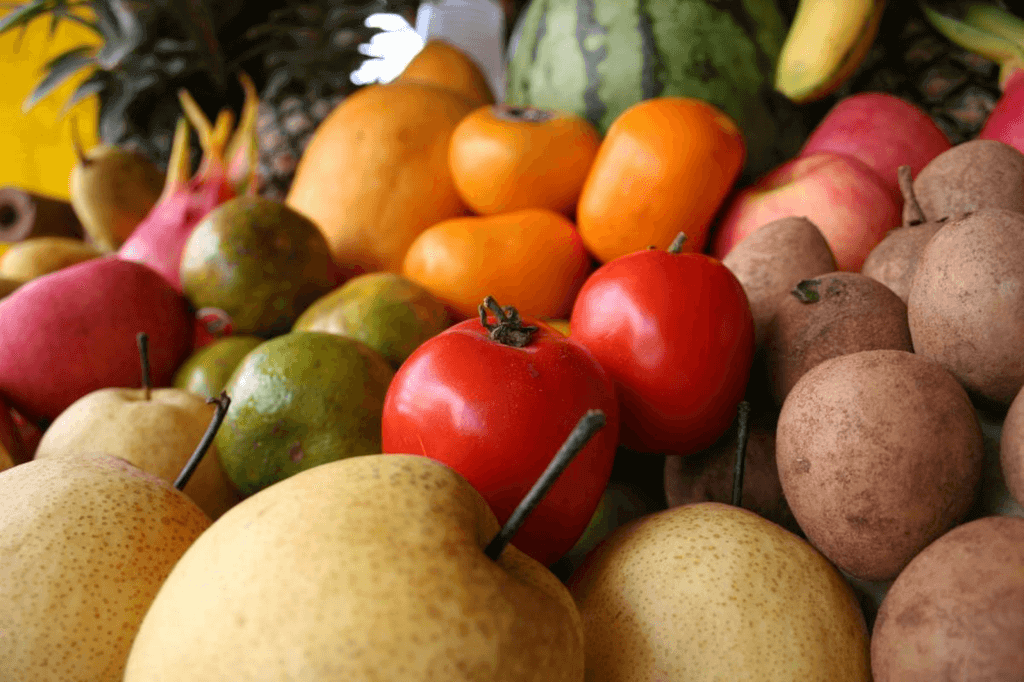Let's All Eat Right Day
Let's All Eat Right Day is observed next on Wednesday, February 25th, 2026 (27 days from today).

American writer and nutritionist, Adelle Davis, known as an advocate of vitamins and unprocessed foods, her nutrition-themed publications include Eat Right to Stay Fit (1954) ), Have Children's Health (1951), and Optimal Health (1935). Let's All Eat Right Day is celebrated annually on February 25, Adelle Davis's birthday. Let's All Eat Right Day was founded on her nutrition research.
Adelle Davis was born in Indiana, USA on February 25, 1904. During her studies and research, she received a master's degree in biochemistry from the University of Southern California and also worked as a professional private nutritionist in Oakland and Los Angeles.
Let's All Eat Right Day, organized to raise awareness about the importance of good eating habits. In addition, Let's All Eat Right Day also recognizes Adelle Davis' research on nutrition.
Eating a healthy, scientific breakfast is very beneficial to health because it helps to enhance memory and better concentration for the day's activities. Nutritionist Adelle Davis once said, "Eat breakfast like a king, lunch like a prince, and dinner like a pauper" to describe the importance of breakfast.
A good health requires a healthy and nutrious diet. It protects us from chronic non-communicable diseases, such as heart disease, diabetes, and cancer. Eating a variety of foods and consuming less salt, sugar and fat are essential requirements for a healthy diet.
To get the right nutrition from the diet the body should be provided with daily calories from foods such as: Fresh fruit; fresh vegetable; cereals; pea's tree; nuts; lean protein. The average person needs to eat about 2,000 calories a day to maintain weight. However, depending on age, gender, and physical activity level, a person's specific daily calorie intake can vary. Men typically need more calories than women, and people who exercise need more calories than those who don't.
For a healthy, balanced diet, everyone should try: eat at least 5 servings of a variety of fruits and vegetables each day. A basic meal of starchy foods such as potatoes, bread, rice or pasta.
WHO recommendations to follow a healthy diet.
1. Eat more vegetables and fruits:
Vegetables and fruits are important sources of vitamins, minerals, fiber, plant protein, and antioxidants. People with a diet rich in vegetables and fruits have a lower risk of obesity, heart disease, stroke, diabetes and some types of cancer.
2. Eat less fat:
Fats and oils and concentrated energy sources. Eating too much, especially harmful fats, like saturated and industrially produced fats can increase your risk of heart disease and stroke. Using unsaturated vegetable oils (olive, soybean, sunflower or corn oils) instead of animal fats or oils high in saturated fats (butter, lard, coconut, and palm oil) will help you consume the nutrients healthier fat. To avoid unhealthy weight gain, total fat consumption should not exceed 30% of a person's overall energy intake.
3. Limit sugar intake:
For a healthy diet, sugar should make up less than 10% of your total calories. Reducing further to less than 5% has additional health benefits. Choosing fresh fruit over snacks that are high in sweeteners like cookies, cakes, and chocolate helps reduce sugar consumption. Limiting sodas, sodas, and other drinks high in sugar can also help reduce sugar levels.
4. Reduce salt intake:
Keeping your salt intake under 5 hours a day helps prevent hypertension and reduce the risk of heart disease and stroke in the adult population. Limiting the amount of salt and high-sodium seasonings (soy sauce and fish sauce) when cooking and preparing foods helps reduce salt intake.
Steps to build a healthy diet
Eat 100% whole-wheat or whole-wheat bread: Switching to whole grains in place of refined grain products may prolong life, control weight, and reduce the risk of type 2 diabetes, heart disease, stroke and cancer.
Use mustard on sandwiches instead of mayo: Mayonnaise or mayo-based spreads are one of those condiments that are high in calories, grams of fat, and omega-6 fatty acids.
Drink skim milk with oatmeal instead of water: This combination will boost the protein and calcium in our breakfast.
Add some flaxseeds to yogurt and smoothies: Adding 2 tablespoons of flaxseeds to yogurt adds 4 grams of fiber, 2.4 grams of omega-3 fatty acids, and some healthy phytoestrogens (lignins).
Drink unsweetened tea instead of sweetened tea or soda: One serving of bottled or canned sweetened tea or soda has about 140 calories and 32 grams of sugar per 12-ounce serving.
Order your sandwich or appetizer with fresh fruit or vegetables instead of chips: French fries or chips often accompany many of our favorite restaurant dishes. You can substitute a side of fresh fruit or vegetables for chips in most of the time.
Drink coffee with skim milk: Many people can treat to a daily frothy in the fall and winter, and as the days get warmer, they trade their lives for a latte ice or mix. Drinking your daily coffee with skimmed milk allows you to keep what's nutritionally great about milk (good quality protein, calcium and vitamin B-12) while cutting calories and grams of fat.
Convert sugary breakfast cereals to whole grains, low in sugar: If you have cereal 5 times a week, choose a cereal like Post Grape-Nuts Flakes (3.4 grams fiber and 19% fiber)
Observing Let's All Eat Right Day
Let's All Eat Right Day is a call for everyone to start or continue to maintain healthy eating habits to ensure the best nutrition for the body. On this day, review your eating habits and come up with areas to improve, reset to a healthy diet from today to notice the difference. Share your response on social media with the hashtag #Let'sAllEatRightDay.
Observed
Let's All Eat Right Day has been observed annually on February 25th.Dates
Sunday, February 25th, 2024
Tuesday, February 25th, 2025
Wednesday, February 25th, 2026
Thursday, February 25th, 2027
Friday, February 25th, 2028


